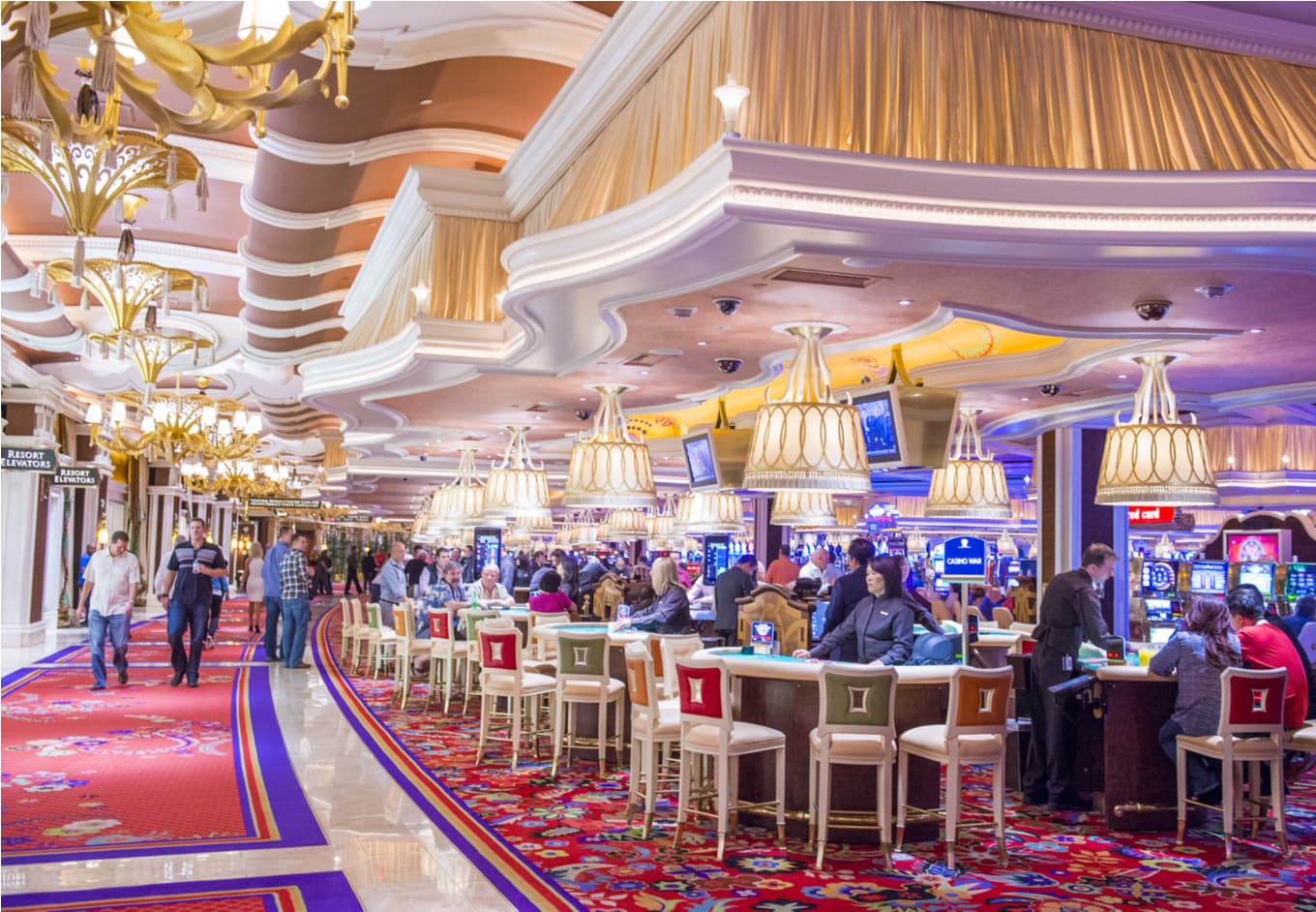
In the world of gambling, where chance and strategy converge, a unique tapestry of beliefs manifests—one that braids luck, fate, and the enigmatic nature of casino games. Casinos, bustling with excitement and anticipation, are not just venues for placing bets; they are also arenas in which superstitions thrive. Ranging from the novice player to the seasoned gambler, these mysterious practices often shape how individuals approach the games they play, believing that their actions can influence the outcome in ways that go beyond mere probability.
When players gather around roulette wheels, blackjack tables, and slot machines, the atmosphere is thick with stories of lucky charms, rituals, and codified behavior that defy logic yet provide a sense of comfort. It could be the case that it’s wearing a specific outfit, following a particular sequence of bets, or even avoiding certain numbers, the attachment to various superstitions reflects a deep-rooted desire to manipulate the uncontrollable. This article delves into the captivating world of casino game superstitions, investigating the beliefs that both entertain and mystify those who dare to play.
Cultural Origins of Superstitions
Casino activities have long been interwoven with an array of superstitions that go back to primitive societies. The origins of these notions can be connected to humanity’s fundamental wish to manage the random outcomes related with fortune and chance. In primitive civilizations, activities of chance were often tied to ritualistic practices. Players would seek favor or request favor from gods, believing that their actions could affect the results in their advantage. This basis laid the basis for the multitude of superstitions that developed as gambling evolved over centuries.
During the medieval age, betting became a popular pastime across the continent, and with it, a diverse tapestry of superstitions emerged. Players adopted numerous rituals and charms, believing they could change the results of games. The significance of numbers, in particular, started to show in superstitions around card games and dice. The number seven was often considered favorable, while various numbers carried negative connotations. These notions mirrored the cultural contexts of the time, adapting as they passed through generations and adapted to different gaming environments.
As gambling houses emerged in the seventeenth century, particularly in Italy and the French nation, the atmosphere surrounding gambling became saturated in enigma. Nhà cái BK8 The growing availability of gambling activities allowed for the spread and diversification of superstitions among players. Concepts like lucky charms, special seating locations, and rituals gained prevalence, creating a special culture within gambling establishments. As these traditions continued to thrive, they became fundamental to the essence of gambling games, illustrating how historical developments and culture shape the belief systems that influence how players engage with fortune.
Popular Gambling Myths
Superstitions surrounding gambling games are abundant and diverse, mirroring the hopes and fears of players as they participate in chance-based activities. One of the most prevalent beliefs is that specific numbers bring luck or bad luck. For example, the number 7 is often seen as a lucky digit, frequently embraced by gamblers looking for a favorable result. Conversely, the number 13 is routinely considered cursed, leading many gamblers to avoid it during their gaming sessions.
A frequent belief relates to rituals that gamblers believe can influence their chances. It could be blowing on the dice before a roll, using a specific gesture to place a bet, or even putting on particular items of attire, many people feel that these actions can tilt luck in their favor. These rituals offer a sense of control in an otherwise unpredictable environment, strengthening the idea that fortune can be created through individual convictions and customs.
Finally, the environment and vibe of the casino itself adds to myths. Many gamblers suggest that the presence of certain icons, such as four-leaf clovers or lucky coins, can enhance their chances of success. Additionally, players might hold to the notion that victory streaks can be halted by mundane events, such as a person walking past or a accident at the table. The shared environment in a gambling house can amplify these superstitions, creating a shared culture of myths that goes beyond single experiences.
Impact of Superstitions on Players
Beliefs play a important role in the psychology of casino players, often influencing their behavior and decision-making. Many gamblers believe that fortune can be manipulated through various rituals, such as donning a talisman, selecting specific colors, or avoiding certain numbers. This reliance on superstitions can create a sense of control in an environment that is intrinsically unpredictable. Players frequently feel more self-assured and involved when they believe that their actions could sway the result of a game in their advantage.
The impact of these superstitions extends past singular players, affecting the general atmosphere inside the casino. For instance, a player who believes in the luck of a particular slot machine might attract a crowd, as others are intrigued by their apparent success. This collective belief can heighten excitement and create a dynamic environment, leading to an engaging experience even for those who may not necessarily be superstitious. The buzz around specific games can lead to increased participation and longer playing sessions, supporting the casino’s lively social scene.
In some cases, superstitions can lead to harmful effects for players. Depending too heavily on rituals can result in poor gambling decisions, as some may ignore basic strategies in favor of unfounded beliefs. Additionally, the pressure to perform rituals may increase anxiety and tension, detracting from the enjoyment of the experience. Ultimately, while superstitions can enhance the thrill of playing casino games, they can also lead to poor choices that overshadow the fun and amusement intended in the casino experience.
